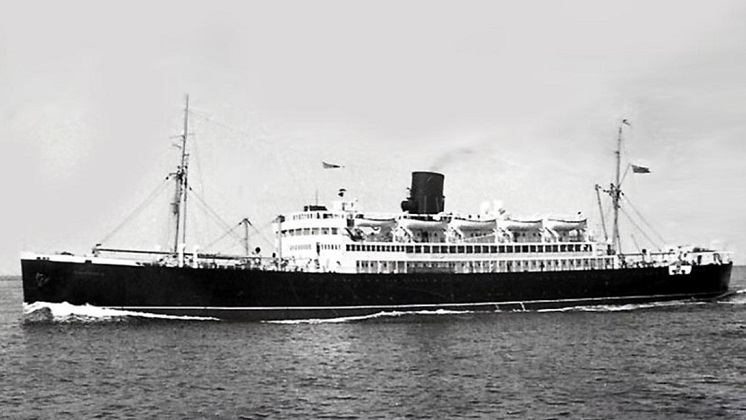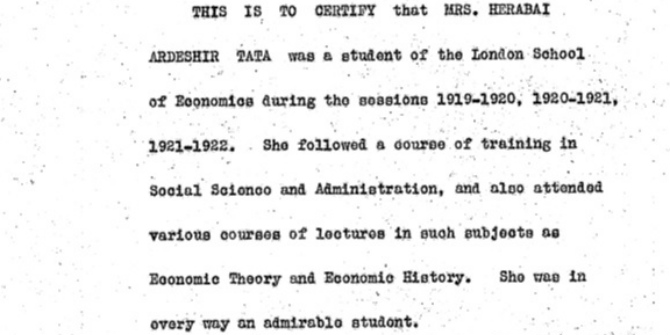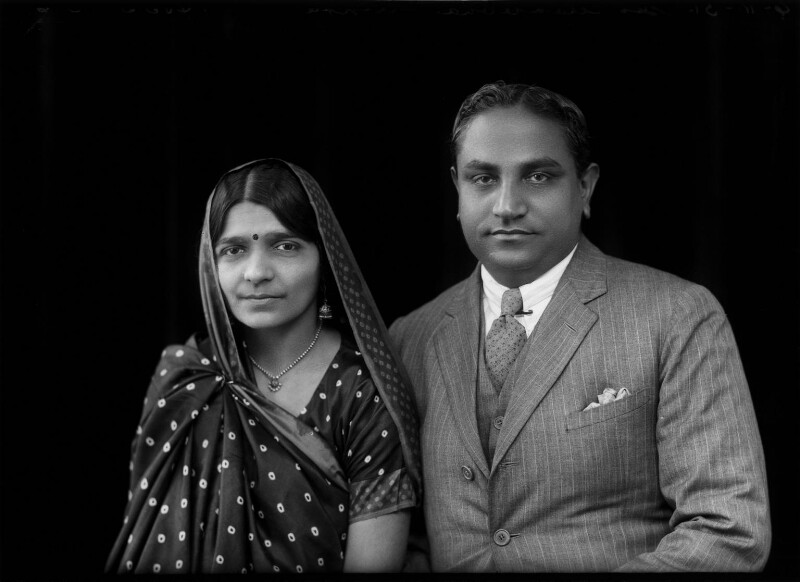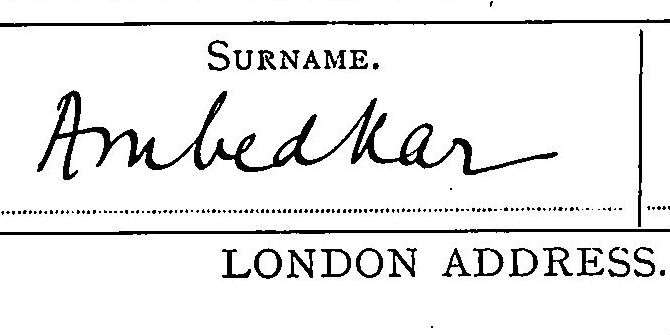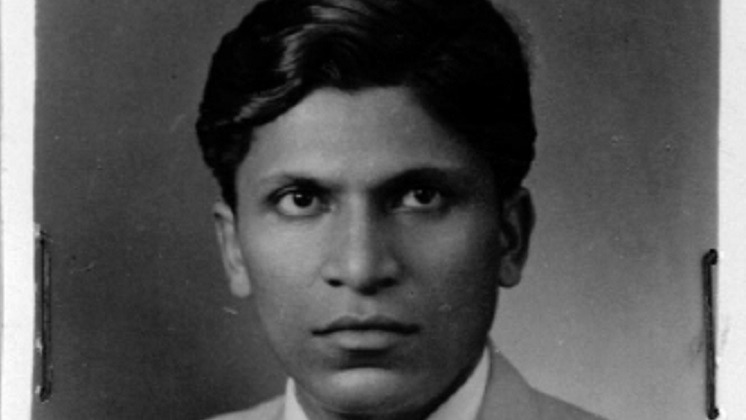Sanjay Prasad and LSE Library curator Daniel Payne investigate the life of Sanjay’s father, Dinanath Prasad using LSE Library archives.
The administrative files of past students at LSE are a fascinating resource, particularly for family historians investigating their relatives. As a curator at LSE Library, I was recently contacted by Mr Sanjay Prasad, who was researching his father who had studied at LSE in the 1950s.
“Dinanath Prasad, was best known to his friends at LSE, as DN (Dean). So, as I write this brief introduction to his life, I’ll address him, henceforth as Dean. Dean was born over 90 years ago in pre-independent India, in a remote village (Lakhnaora) of a remote district (Saran) of a remote state (Bihar). When Dean was born, India had been under the British Raj for over 150 years already. People born in Lakhnaora were not destined to board even a steam engine powered train, let alone getting on a steam ship to a far away land at the very heart of the empire.”
– Sanjay Prasad
Sanjay wanted to ask if we had any documents that spoke about his father’s time at LSE. Apart from browsing online the School Calendars and Registers, we searched to see if there was a student file of his father, and thankfully there was, including the passport photograph included in his application form.
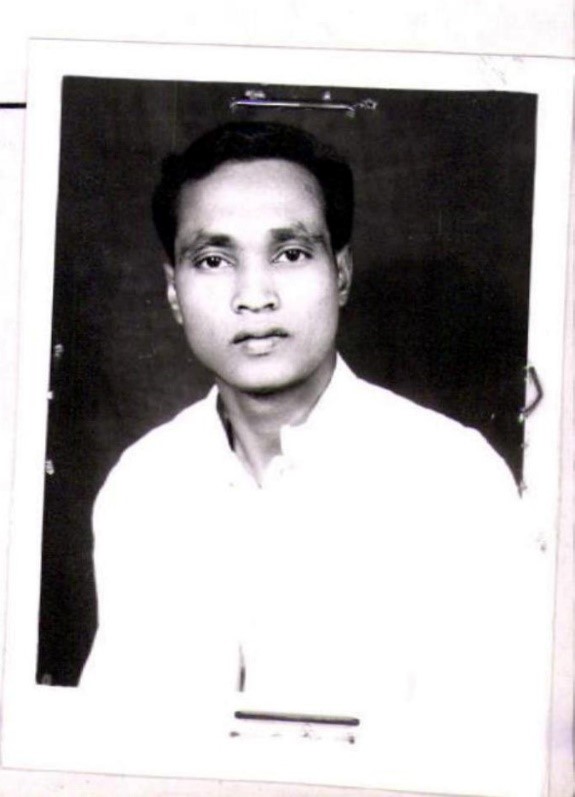
The file begins with a reference from Birbal Singh MP, Principal of Kashi Vidyapitha, a university established in 1921 during the non-cooperation movement and inaugurated by Mahatma Gandhi. It was one of the first universities to be organised entirely by Indian nationalists, outside of the control and support of the British authorities. Birbal Singh describes Dinanath as “intelligent and hardworking” with a “good moral character”.
Other information in the file shows that Dinanath was already very well-qualified; applying to LSE after having earned a BA from Banaras Hindu University in Uttar Pradesh, where he studied English, Hindi Literature, Civics and Economics. This university also has an interesting history as it incorporated the Central Hindu College, founded by Annie Besant, a British socialist who campaigned for Indian Nationalism. References also show that Dinanath had an MA from the University of Lucknow (Uttar Pradesh), where he studied Economics and performed very well in his viva.
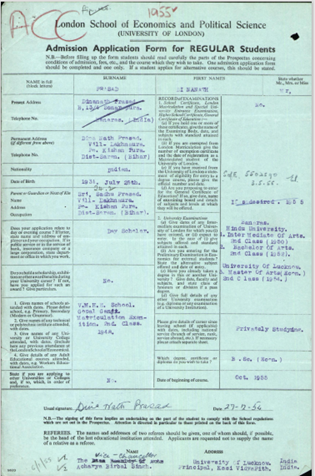
“Dean was not in the top 10 per cent in the class; common sense and general knowledge is where he excelled. Despite being born into a family of Zamindars (Landlords), Dean’s family struggled during his youth. This meant that his father’s time and money were not easy to come by, not at all for ‘path breaking adventures’ like getting into a college, earning a degree. Making it to LSE was not even in the extra terrestrial domain of adventure. Dean’s school teachers never failed to inspire him, saying that the chairs and desks had greater promise of earning a college degree than Dean himself.
Thanks to the VMS School System, named after the blessed English Monarch, a grasp of English language came early and a boon, which came to be of great use far later in his adulthood, reading newspapers were a morning chore that each student had to do aloud, every morning. While many of his classmates loathed the idea, Dean, being a seeker of general knowledge, looked forward to his turn to read the newspapers. In these reading sessions were perhaps the seeds sown to go to mighty London.
Teenage years saw Dean growing up in his native village but also experiencing the last leg of India’s struggle for its independence. The infamous signboard ‘Dogs and Indians not allowed’ were etched in the minds of many Indian youths. Perhaps this was a motivation of sorts, to prove to the Laat Saheb and Mem Saheb (Englishmen and English ladies) that Indians were no less.
Fast forward from teens to a young man and Dean had defied his teachers and made it to the famous BHU in holy city of Varanasi and chose to major in Economics and Political Science, hoping to do a masters in Law and perhaps become a lawyer and then get into politics. Becoming a banker (which he ended up becoming) was never on his horizon.”
– Sanjay Prasad
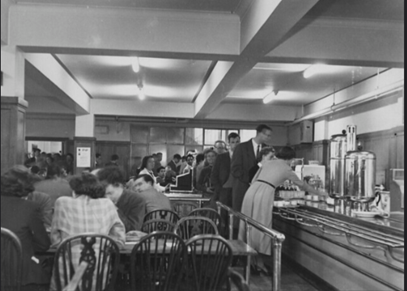
Reports from Dinanath’s tutor at LSE show that he struggled initially with the transition to living in London, experiencing periods of sickness and financial difficulties. He was “a charming personality…[who]… had difficulties in first year and suffered a change of tutor, but has been working hard”. Letters from Dinanath show that he also missed the first week of term owing to delays in the ship that was scheduled to bring him to Liverpool.
His application form shows that he took up residence in West Kilburn while studying at LSE, and you can read the LSE Calendars for the year 1955/1956 to get a sense of what the School was like at the time. References from the Central Office of Information (the UK Government’s old marketing and communications department) as well as Paddington District Post Office show that he took employment at some stage in his studies. The registrar replies in both instances to confirm Dinanath’s good character.
“The move from the village to the halls to the renowned BHU, catapulted Dean’s confidence and conviction. One cold December evening of 1951, while pursuing his bachelor’s degree at the BHU, Dean finally mustered the courage to drop an AirMail addressed to the Registrar of LSE, requesting an application form to pursue a BSc degree in Economics.
It is important to remind the reader that in 1951 there was no internet, perhaps the entire university (BHU) might have had a handful of phone lines. The good old libraries were the only window to the outside world and it took weeks to even find the Holborn address of LSE.
Fortune favoured the brave and in January of 1952 came the application form from LSE. However it took him another three years of pulling a cycle rickshaw in the streets of Varanasi to save enough money, and with the help of his father, to pay the admission fees.
Next stop, securing a passport, an adventure to say the least. Running pillar to post to get his identity verified, Dean finally had to run behind a police van till it stopped and out came an Inspector Ansari. Breaking through the circumference of constables, Dean used the charm of the English language to get the attention of the Inspector, who after hearing Dean’s petition wrote a letter to the passport officer in Bombay to issue Dean a passport.
Finally in September of 1955, nearly four years after sending the AirMail request for an application form, Dean set sail aboard the RMS Cilicia to London. However troubles were not over yet as the ship broke down in Egypt, delaying Dean’s arrival in London.
The next four years at LSE were challenging to say the least. Struggling to cope with the curriculum and stand at par with the public school educated British classmates was not to be easy. The initial money ran out quickly and a gap year became necessary to fund the 3rd year of the BSc program. Working at the Paddington Post Office and India House became the source of sustenance.“
– Sanjay Prasad
The student file ends with then LSE Director Sydney Caine congratulating Dinanath on graduating. But what happened next to him?
“Finally after seven years in the UK, away from his beloved mother, Dean was summoned to visit her in 1962. With return tickets to London in his pocket Dean took off on a multi country journey that took him through continental and Eastern Europe, then to Baghdad, Teheran, Karachi, Bombay, and finally to the dusty village of Lakhnaora.
Spending time with his family, Dean went to Varanasi to meet his BHU professors and friends before heading back to London. Destiny had different plans. While grabbing a street side snack, which even today can be found to be served on newspapers, Dean came across the advertisement for the position of a bank officer at the Bank of India, Bombay Branch.
The next 30 years saw Dean dedicating his life to the growth of Bank of India’s businesses in regions across India and in Far East Asia. While doing so, Dean also got married and raised three kids. As perhaps the first graduate in his family, and only one to sail the seven seas in 100 square miles of Lakhnaora, Dean’s heroics would change the destiny of his family and the generations to follow.
Seeing his student file has bought my family a deluge of happiness; we can’t wipe our tears enough. Our Mom wants to touch these pages.
Dean passed away in 2013. His personal and professional life had one agenda: instilling confidence and courage, inspiring everyone he came across and giving opportunities to aspiring individuals that they would never otherwise have had. Perhaps subconsciously, Dean wanted to tell the folks around him, ‘if I could do it, you can do it too’.“
– Sanjay Prasad
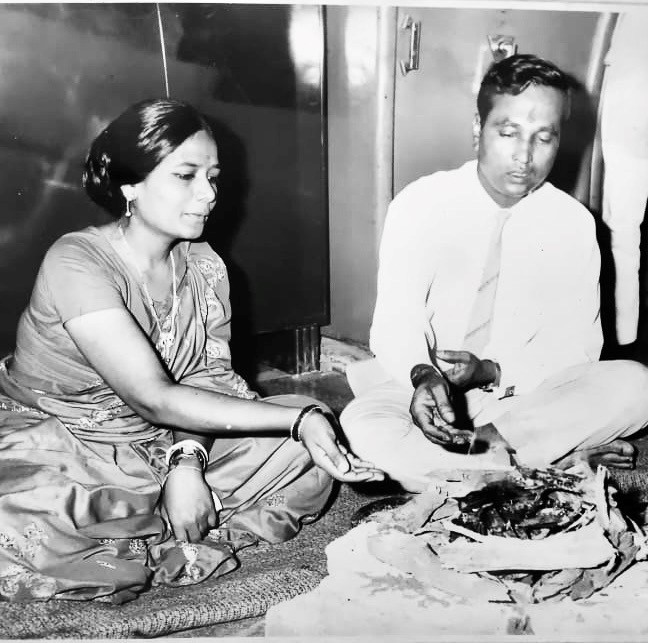
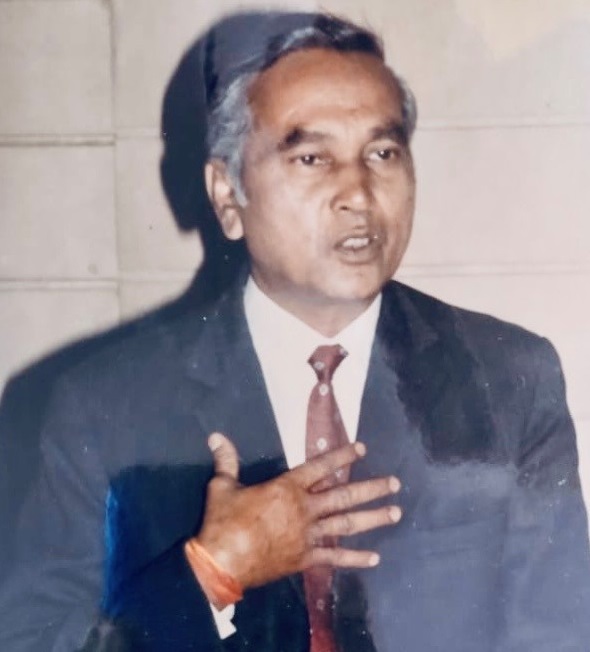
This post was written with assistance from Sarthak Prasad.
Read more about LSE and South Asia on the LSE History Blog
To find out about LSE’s South Asia collections head to the LSE Library’s Traces of South Asia webpage.


